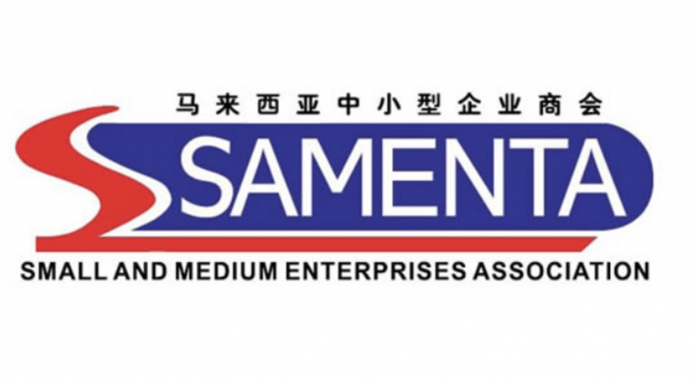KUALA LUMPUR, June 27 — The Small and Medium Enterprises Association (SAMENTA) said the key challenges of SMEs post-pandemic would be less of financing but more of their ability, or inability, to access world-class talents.
Policy and government relations chairman Datuk William Ng said the local universities are not producing talents that are industry-ready, and top talents do not want to work for SMEs.
He highlighted that a recent SME Employee Experience study conducted by SME Magazine and Willis Towers Watson has shown that contrary to popular notion, Malaysian SMEs are ahead of regional peers in employee engagement.
“This means that our SMEs are, by and large, ‘good employers’. Unfortunately, this has not translated into the companies becoming preferred employers,” he said in a statement.
Ng said the weakness could be both on the part of employer branding and human resources practices among local SMEs, as well as a lack of focused programmes to attract and retain talents.
Malaysians naturally would prefer to work for larger companies that can afford higher salaries and better benefits, he said.
“This is where we are hopeful that the government can provide short-term intervention in the form of fiscal incentive either directly to SME employers or to SME employees. This could be in the form of matching contribution for EPF, subsidies on Human Resources Development Fund (HRDF) contribution, and tax cuts for employee benefits and employer branding,” he said.
At the same time, he added, SAMENTA is engaging with higher education institutions to deliver job-ready graduates and to dispel the notion that SMEs are ‘inferior’ employers.
















